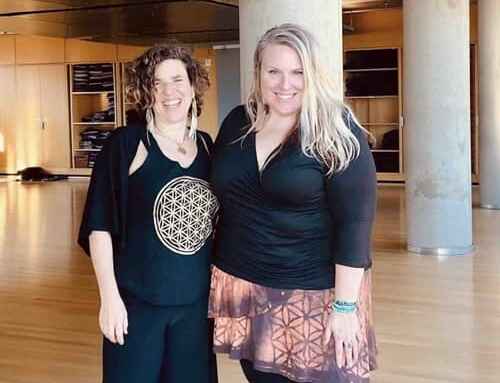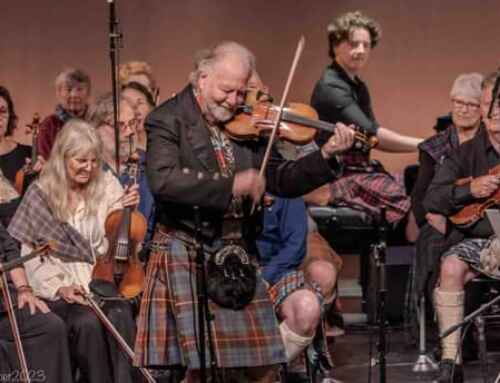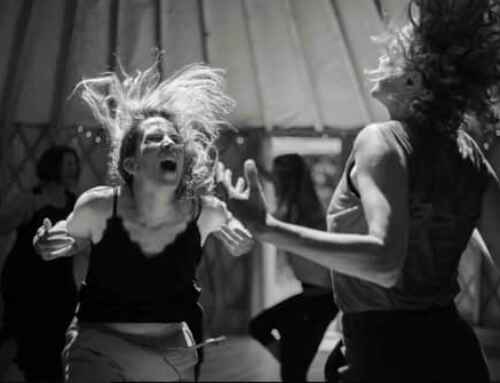
This week’s Dance First Insight is from Critical Mass Dance Company!
Trauma-Informed Principles in Action: Working for CMDC
Working for Critical Mass Dance Company (CMDC), I’ve witnessed and experienced trauma-informed principles for myself in a workplace for the first time in my adult life. This experience in and of itself helps me to continue to heal my relationship with being in community.
CMDC’s movement modality, Dance from the Heart (DFTH), is a trauma-informed, community-based embodiment practice designed to help people practice bringing their greatest dreams into the world. And, this trauma-informed approach extends beyond class participants to our staff as well.
The Substance Abuse and Mental Health Services Administration (SAMSA) lists 6 guiding principles for implementing trauma-informed practices:
1. Safety
In both DFTH and in working for CMDC, I’ve never felt like I had to push through discomfort in order to “get it.” I’m encouraged to choose what feels safe and good for me. In DFTH, participants are never prompted to “dig into” or re-experience any traumas they’ve experienced, or to do anything that they don’t feel completely ready to do. And, nor is the “skill” / “value” / “progress” of their practice determined by how much processing they’ve done around their trauma.
2. Trustworthiness and Transparency
As part of every DFTH class, the agenda is covered at the beginning, followed by community agreements, and a demo before we even get started with movement. This way, people know exactly what they’re walking into. In working for CMDC, there is a culture of building trust through being transparent – I never feel like I’m being judged or undetermined, and uncertainty is navigated with transparency and clear communication.
3. Peer Support
DFTH is done in community. We never as people to go into the details of a traumatic experience, we heal as much as we have space for in the moment just by gathering to connect with our bodies and affirming that we deserve support, healing, and empowering community. As an employee, we are also allocated 1 hour of paid self-care every week, with monthly opportunities to meet up and co-support each other in taking care of ourselves. As a further example, this is the first workplace I’ve ever been in where taking time off for my menstrual cycle was not only allowed by supported and encouraged.
4. Collaboration and Mutuality
While there is always a facilitator, they are just that – they facilitate what participants’ bodies already innately know how to do – which is to connect with movements and inner energies that help us feel safe enough to both discern our dreams and feel more and more comfortable calling them in for ourselves. There’s no hierarchy, and the space is co-created by our shared commitment to taking care of ourselves and each other. Implementing similar principles, our Wisdom Circle (board) meets regularly and is always scheduled in advance so that people have ample space to attend meetings and feel resourced enough to participate in important decisions.
5. Voice + Choice + Agency
In DFTH, everything is an invitation, and we celebrate people’s yes’s as much as we celebrate their “no thanks.” We provide options for people to choose from and honor the choices they make in their dance – even if it doesn’t look like what the facilitators or other participants are doing. We know that each person is the expert of their own experiences, and we honor that they get to define what feels like progress for them. We just create one of many possible spaces for people to practice their own agency in manifesting their dreams.
6. Cultural Humility:
Where I’ve particularly experienced this is that I’m not expected to speak as a monolithic representative of Black folk. Or Filipino folk. Or mixed folk. Additionally, DFTH accounts for the very real needs of populations such as survivors, those who have chronic illnesses, and various populations of color. DFTH class structure and CMDC organizational structure are both tailored to encourage people to draw on their own experiences and heritage to move in a way that is meaningful to and inclusive of their own cultural practices.
There’s so much more to being trauma-informed than what’s mentioned here. Collectively, acknowledging that this is always a work in progress – a constant practice – helps keep these values present and alive in all the considerations we make as a company. CMDC demonstrates how important and impactful it is for businesses that aren’t “therapy” to still have trauma-informed practices – for both participants and employees.
Our next live event is our in-person InBloom Spring Festival on Saturday, 4/30 – we’d love to meet you!





